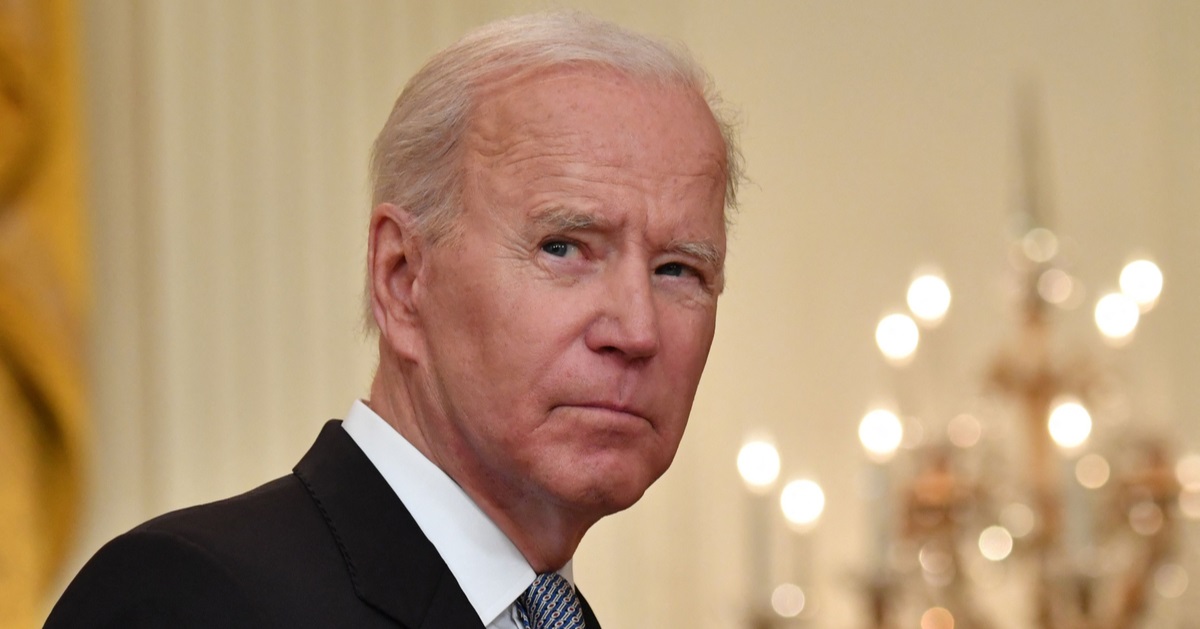Supreme Court rules against Navajo Nation in fight over water rights
The Supreme Court came down with an important decision on Thursday in a dispute between multiple states and the Navajo Nation.
According to Fox News, it centered on a dispute over the right to use water from the Colorado River that pitted the tribe against Arizona, Nevada and Colorado along with water districts in California.
Navajo Nation points to treaty from 1868
The Navajo Nation cited an 1868 treaty which established a reservation for tribal members as their "permanent home," something it argued included a right to sufficient water.
Fox News observed that roughly one third of the Navajo Nation's 175,000 members do not currently have running water in their homes.
The Navajo Nation filed a 2003 lawsuit which accused the federal government of failing to live up to its treaty obligations by not protecting tribal water rights to the lower portion of the Colorado River.
While the government's attorneys pointed out that it has helped the tribe secure water from the Colorado River’s tributaries, they contended that it was under no obligation to assess the tribe's needs when allocating water rights.
Majority rejects tribe's claim
Five of the Court's nine justices agree, rejecting the notion that the United States must "take affirmative steps to secure water for the Navajos — for example, by assessing the Tribe’s water needs, developing a plan to secure the needed water, and potentially building pipelines, pumps, wells, or other water infrastructure."
"In light of the treaty’s text and history, we conclude that the treaty does not require the United States to take those affirmative steps," Justice Brett Kavanagh wrote in his majority opinion.
"Allocating water in the arid regions of the American West is often a zero-sum situation," Kavanagh continued, adding that judges should leave "to Congress and the President the responsibility to enact appropriations laws and to otherwise update federal law as they see fit in light of the competing contemporary needs for water."
While the Court's three Democratic appointees all sided with the Navajo Nation, Fox News noted that conservative Justice Neil Gorsuch joined them in authoring a dissent, asking, "Where do the Navajo go from here?"
Gorsuch compares tribe's experience with going to the DMV
"To date, their efforts to find out what water rights the United States holds for them have produced an experience familiar to any American who has spent time at the Department of Motor Vehicles," he continued.
"The Navajo have waited patiently for someone, anyone, to help them, only to be told (repeatedly) that they have been standing in the wrong line and must try another," Gorsuch pointed out.
Gorsuch did point to one "silver lining" in the case, which is that the tribe may be able to "assert the interests they claim in water rights litigation, including by seeking to intervene in cases that affect their claimed interests."
This is not the first time that Gorsuch has broken with his fellow Republican appointees, as Bloomberg Law contributor Lydia Wheeler noted in May that he and Justice Ketanji Brown Jackson "have teamed up" in several opinions.






